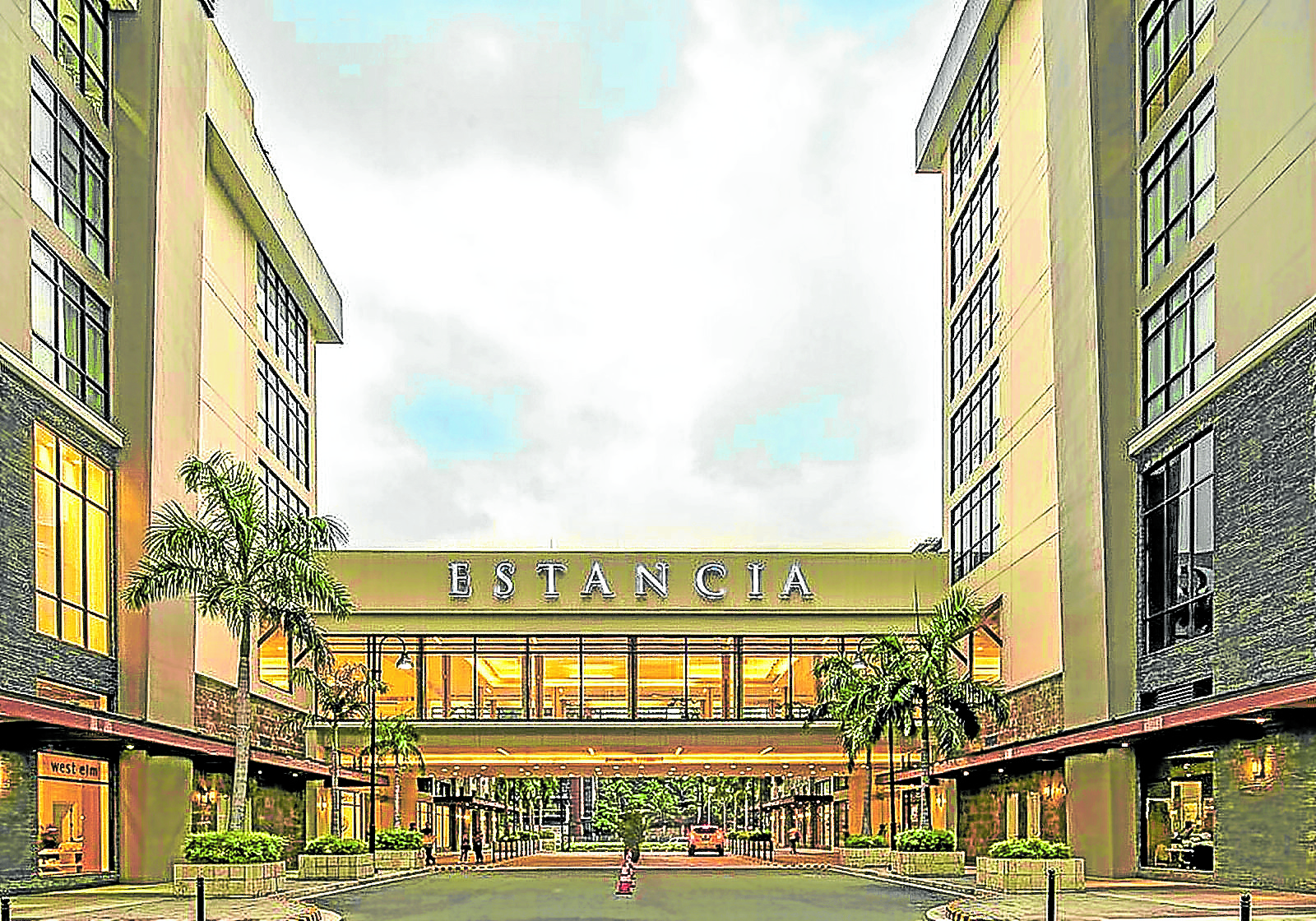Prospect for economic recovery a boon to Philippine property
Even as the Philippine economy continues to reel from the impact of the pandemic and the lockdowns, the government remains positive of a potential economic recovery, which should have a favorable impact on the property sector.
Among the recent positive developments include the easing of the country’s jobless rate to 10 percent in July from a record high of 17.7 percent in April and the sharp 42 percent growth in foreign direct investments (FDIs) to $399 million in May from the $280 million recorded a year ago, representing a reversal from the last three consecutive months of decline. And FDIs bode well for the long-term economic growth of the country. Let’s hope that this trend kickstarts a wave of economic recovery.
OFW remittances to buoy retail, residential demand
Data from the Bangko Sentral ng Pilipinas showed that remittances sent by overseas Filipino workers (OFW) in June rebounded by 7.7 percent year on year after three consecutive months of decline. This may increase Filipino consumer confidence and help resuscitate a retail sector reeling from the pandemic and strict social distancing measures. A recovery of global economies in 2021 should also result in a rebound of OFW remittances and we forecast a positive impact on residential demand across the Philippines.

Colliers encourages developers to continue extending attractive payment terms to potential clients to prop up demand.
Resumption of private construction
Colliers sees the relaxation of lockdown in key parts of Mega Manila (Metro Manila, Laguna, Cavite, Rizal and Bulacan) buoying economic activity in a region that accounts for about 50 percent of the country’s economy. The easing of lockdown should result in a revival of public and private construction which declined by 33.5 percent in the second quarter, year on year. This has resulted in slower office and residential construction across the country.
In Metro Manila, we see new office completions in 2020 dropping by 50 percent to only 532,600 sqm from our initial forecast of 1.07 million sqm. Condominium completion meanwhile is only likely to reach 6,270 units in 2020, down 57 percent from our previous forecast of 14,720 units.
Economic bills to support property
Legislative measures likely to provide relief to the economy and property sector are pending in Congress and are likely to be implemented before the end of the third quarter. These include the Corporate Recovery and Tax Incentives for Enterprises Act (CREATE) bill which should clarify economic zone locators’ (including outsourcing firms) lingering concerns on the fiscal regime. Other important bills include the Senate version of the Bayanihan To Recover As One Act or Bayanihan 2, which sets aside P10 billion for the ailing hospitality sector, and the P1.3 trillion Accelerated Recovery and Investments Stimulus for the Economy (ARISE) Act which should benefit traditional office tenants.
Exploring hub-and-spoke model, conversion of retail spaces
Colliers encourages landlords to expand their options by offering available office space in non-core locations where tenants can avail themselves of rents about 30 percent cheaper than in major business districts.
This is important especially for companies planning to implement a hub-and-spoke model wherein occupiers reduce reliance on a single headquarters location for a more dispersed occupancy strategy. This enables firms to reduce real estate costs by occupying smaller hubs across Metro Manila. Typically, these would be in lower cost locations and would allow companies to access talent in alternative sites. Colliers believes this arrangement improves work-life balance of employees and reduces living expenses.
Landlords seeing rising vacancies in their malls should explore the viability of converting these into flexible workspaces. This is crucial given that malls are near residential communities and this arrangement should significantly reduce employees’ commuting time.
Innovative use under the new normal
Data from the Philippine Statistics Authority (PSA) showed that spending for accommodation and food services fell by 68 percent while other services (arts, leisure, entertainment and personal services like wellness and grooming) dropped by 63 percent. This is likely due to Filipino households skimping on non-essential spending. Colliers projects hotel occupancy to reach only 30 percent in 2020 due to a substantial drop in foreign arrivals.
Colliers encourages hotel operators and developers to highlight compliance with health protocols, innovate services using technology, consider other leasing models and repurpose facilities into co-living facilities and flexible workspaces. These schemes, however, should comply with the government-mandated physical distancing measures.
Taking advantage of low mortgage rates
As of the first quarter, there were about 44,800 unsold condominium units across Metro Manila, from 47,600 units as of the end-2019. These are a mix of pre-selling and ready for occupancy (RFO) units. For RFO projects, we encourage developers to continue implementing creative leasing schemes.
Colliers encourages developers to continue extending attractive payment terms to potential clients to prop up demand for the remainder of 2020. In our opinion, this should support the prevailing low interest rates in the market which should anchor residential demand growth starting the fourth quarter.
Industrial: Bright spot amid the pandemic
Colliers believes that manufacturers of essential items such as food, medical and other household products are likely to lead industrial space take-up in 2020 and 2021. This should offset a subdued absorption from electronics manufacturers due to the global economic slowdown.
Colliers recommends that developers modernize warehouses to capture the growing demand for e-commerce and firm up partnerships with delivery firms to reach more consumers. Mall operators with vacant spaces should also explore repurposing these into warehouses to allow retailers to reach last-mile deliveries.
Colliers believes that conversion and repurposing of assets are crucial amid the pandemic and global economic downturn. Developers should be proactive and agile.

